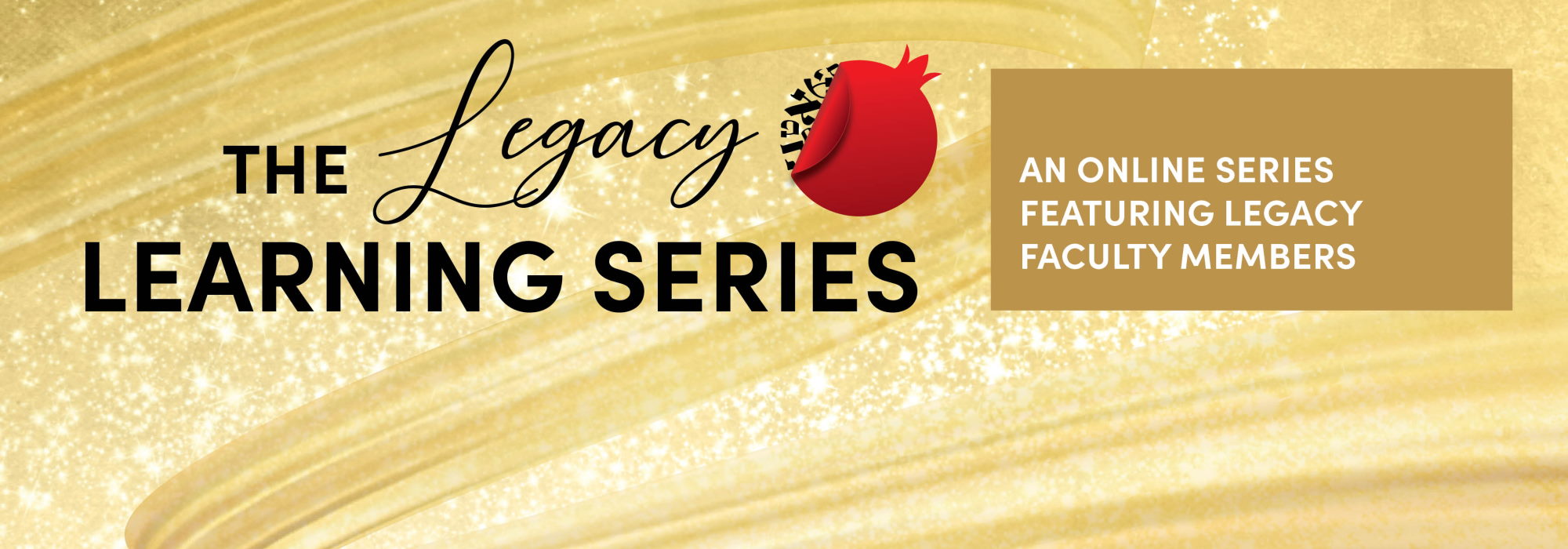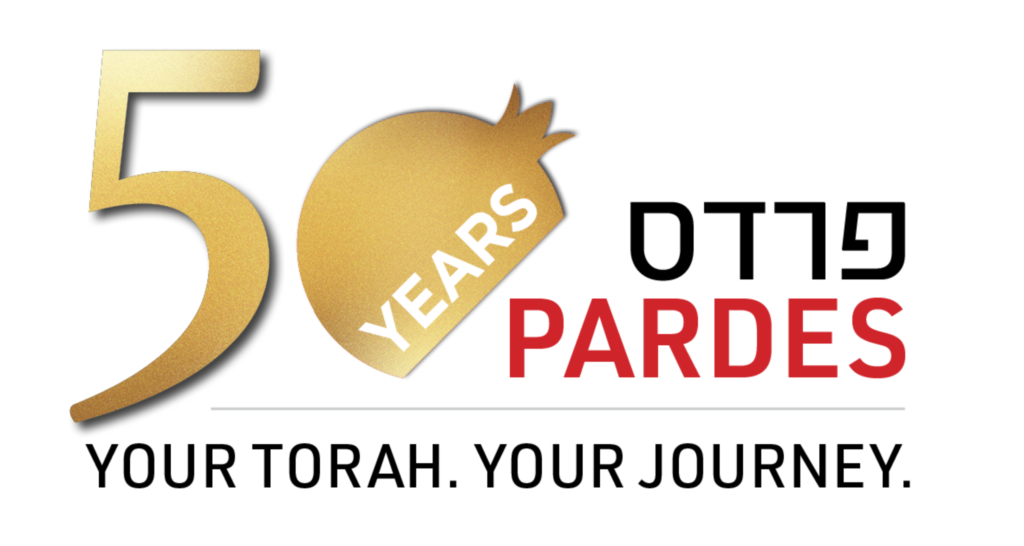
All classes will be held online and are free of charge.
Dates: The first Tuesday of the month from November 8, 2022 – June 6, 2023.
Time: 7:30 PM IDT / 5:30 PM BST / 12:30 PM EDT / 9:30 AM PDT
***Once you register, you will receive a Zoom link via email. This link can be used for the entire series. You need not re-register each month.***
Did you miss a session? You can watch recordings of all sessions on our Youtube channel!
Please note: There has been a change to the original schedule. The dates of Rabbi Meir Schweiger and Leah Rosenthal’s sessions have been switched.
In the first chapter of Masechet Eduyot (“Testimonies”), Rabbi Yehudah Hanasi describes the development of Halakha (law) and Torah Shebaal Peh (oral tradition) and elegantly paints a fascinating picture of renewed Jewish nationhood after the destruction of the Second Temple.
We will take a spiritual and intellectual journey through the first five Mishnayot and discuss how intimacy, the gift of food, the transformative power of a mikveh, and the blessing inherent in a “mahloket” (constructive argument) teach us about the creative seeds of Torah. Participants are encouraged to prepare the “pshat” (face-value meaning) of these Mishnayot beforehand.
The debate over whether or not to boycott sinful creative geniuses’ work dates back to the Talmud. According to the Talmud, the Heavenly Court itself refused to teach Torah from the sinning sage Aher (Elisha ben Abuya), and then God thought again. What can an examination of this delightful passage teach us about our modern ethical dilemma?
Together, we will explore the tension between spiritual acceptance and social or religious activism.
We begin with the assumption that the Bible’s stories engage with one another in a vibrant, often contentious, conversation. With this in mind, we tune in to the dialogue between the fertility-focused matriarchs of Genesis and their surprisingly subversive counterparts in the book of Judges.
Rav Kook offers us a foundational change in how we understand Passover. It’s not just about the Jewish People leaving Egypt.
In this class we will explore one Talmudic narrative about the Amora Rabbi Elazar ben Pedat. This unusual story will take us deep into the thoughts and feelings of this important Talmudic personality, and we will be offered a glimpse into his personal struggle to come to terms with his experience of loss and suffering. We will watch him emerge from his experience stronger and more deeply committed to the Rabbinic role he is destined to fill.
The Mishnah, in Tractate Kiddushin, (Chapter 1, Mishna 7) states that women are exempt from time-bound positive commandments.
Is this an absolute rule? Does exempt mean not obligated or does it mean forbidden? Why is there a distinction made between men and women?
In our session, we will examine several Talmudic and post-Talmudic sources that unpack these questions and present a much more complex and nuanced picture. As we analyze these sources, we will see the many exceptions to the rule, which call into question the value of having such a rule. This will bring us back full circle to the Mishnaic principle and lead us to explore what may have been the Rabbinic thinking behind it. In this class we will learn an original approach that does not appear in classic rabbinic discussions on this topic.
